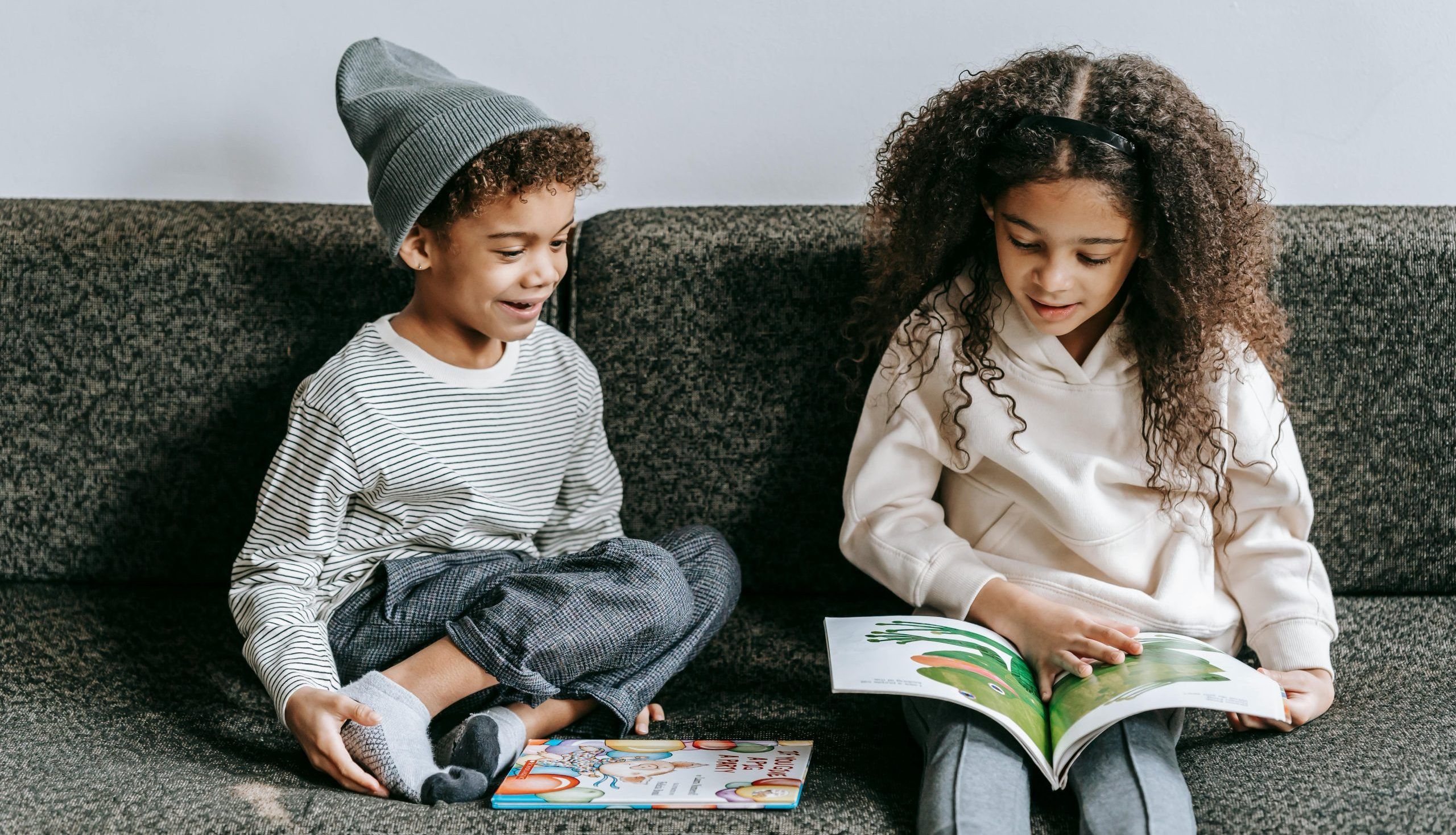Understanding Howard Gardner’s Multiple Intelligences
Every child is unique, with their own way of thinking, learning, and exploring the world. Howard Gardner’s theory of multiple intelligences, first introduced in 1983, helps us understand that intelligence is not just about being good at school subjects like maths or reading. Instead, there are many different ways to be smart!
Gardner identified eight different types of intelligence that children might excel in. Some children might have a natural talent for music, while others may have a deep understanding of nature. Recognising these strengths can help parents, caregivers, and teachers support each child’s learning journey in a way that best suits them.

The Eight Types of Intelligence
1. Linguistic Intelligence (Word Smart)
Children with strong linguistic intelligence love words! They enjoy reading, writing, telling stories, and playing with language. They might be fascinated by new words, enjoy rhyming games, or show an early talent for storytelling. Encouraging them to write stories, keep a journal, or participate in debates can nurture this strength.
2. Logical-Mathematical Intelligence (Number Smart)
These children enjoy problem-solving, puzzles, and numbers. They are curious about how things work and often ask “why” and “how” questions. They may enjoy counting, sorting, and recognising patterns in their environment. Engaging them in brain teasers, science experiments, and strategy games can support their logical thinking.
3. Spatial Intelligence (Picture Smart)
Children with high spatial intelligence think in pictures and images. They may enjoy drawing, building with blocks, or solving jigsaw puzzles. They have a strong sense of direction and can visualise objects in their mind. Activities like painting, designing, and playing with maps or blueprints can enhance their skills.
4. Bodily-Kinesthetic Intelligence (Body Smart)
These children learn best through movement and hands-on experiences. They love to run, jump, dance, and engage in sports or physical activities. They may also enjoy acting, role-playing, or working with their hands through crafts and building projects. Encouraging outdoor play, drama activities, and hands-on experiments can support their learning.
5. Musical Intelligence (Music Smart)
Musically intelligent children are sensitive to sounds, rhythms, and melodies. They may hum tunes, create their own songs, or enjoy playing musical instruments. They often respond well to learning through songs or rhythmic patterns. Providing them with opportunities to sing, play instruments, or listen to different types of music can enhance their abilities.
6. Interpersonal Intelligence (People Smart)
Children with strong interpersonal intelligence are naturally social. They understand people’s emotions, communicate well, and enjoy working in teams. They are good at making friends, resolving conflicts, and showing empathy towards others. Group activities, role-playing, and collaborative projects can help develop their social skills.
7. Intrapersonal Intelligence (Self Smart)
These children are introspective and have a deep understanding of their own emotions, thoughts, and motivations. They enjoy spending time alone, reflecting on their experiences, and setting personal goals. Encouraging journaling, mindfulness activities, and independent projects can help them grow.
8. Naturalist Intelligence (Nature Smart)
Children with naturalist intelligence are drawn to nature. They love animals, plants, and exploring the outdoors. They might enjoy gardening, collecting rocks, or watching wildlife. Providing opportunities to explore nature, go on hikes, or care for animals can strengthen this intelligence.
How This Theory Helps Children
Gardner’s theory encourages a more personalised approach to learning. Instead of assuming all children learn the same way, it recognises that each child has their own strengths. Schools and parents can use this knowledge to offer activities that match a child’s natural abilities and interests, making learning more enjoyable and effective.
For example, a child who struggles with traditional maths lessons but enjoys music might understand patterns and numbers better through rhythm and songs. A child who loves movement might learn spelling words more easily by acting them out rather than writing them repeatedly.
Embracing Every Child’s Strengths
Every child has a unique mix of these intelligences, and recognising them can boost confidence and motivation. By offering different ways to learn, we allow children to shine in their own way. Whether a child is a budding scientist, artist, musician, or athlete, nurturing their intelligence type can help them thrive and enjoy the learning process.
Understanding multiple intelligences allows us to celebrate children’s strengths and guide them towards their full potential. When we embrace different ways of learning, we create a world where every child feels valued and capable!



